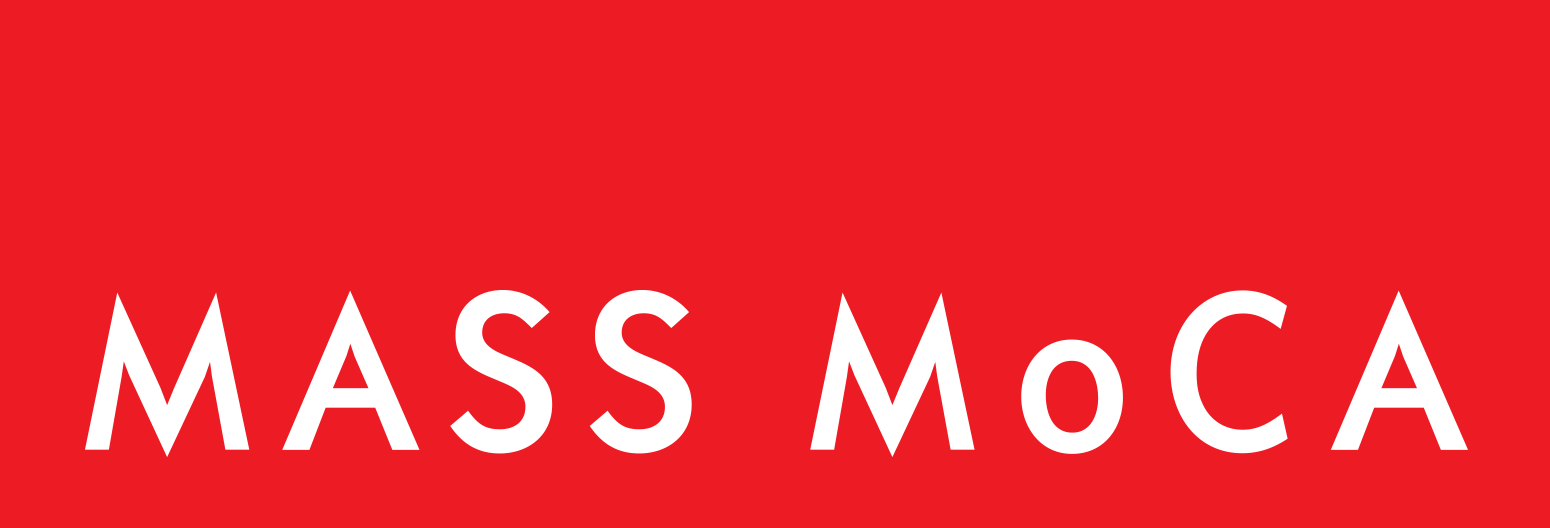
Exhibition
- On View August 24, 2024 – April 6, 2025
- Building 4
In Road to Hybridabad, Osman Khan re-reads the magical and fantastical figures found in folktales and lore, with a particular focus on those from South Asia, the Middle East, and other Muslim and immigrant traditions. Khan interprets these figures through contemporary technologies and concerns: this new body of work includes an animatronic djinn, drone-operated flying carpets, a wall-destroying sound system/cannon, and a storytelling Scheherezade AI. This sprawling and wryly funny exhibition invites us on a journey across borders, through time, and between legend and history, encouraging us to reconsider — and perhaps rewrite — the narratives around identity, difference, and power reflected and recounted in the tales we tell ourselves.
The Thousand and One Nights is framed as a series of stories told by a young woman named Scheherezade to the king Shahryār in order to delay her execution. Each night for 1001 nights, Scheherezade relates the beginning of a tale to the king, who each day postpones her execution in order to hear her tell the end of the story the following evening, along with the start of a new tale. The Thousand and One Nights is the work of many authors: the stories shift with each retelling as they are adapted to new historical and cultural contexts, and shaped by authors’ interests, beliefs, and biases. (For example, “Aladdin’s Wonderful Lamp,” which was adapted for Disney’s 1992 animated film, was not part of the original text.) Road to Hybridabad reflects Khan’s own particular experience of identity formation — which, like The Thousand and One Nights, has been influenced by many histories and cultures – blending American, South Asian, Middle Eastern, and Muslim lores and visual references.
Figures in the book including djinns (powerful beings usually hidden from human eyes but able to influence our world, sometimes anglicized as genies), flying carpets (often used to transport heroes across landscapes), and the storyteller Scheherezade herself are familiar in South Asian, Middle Eastern, and other Muslim folk traditions. In Road to Hybridabad, Khan refracts mythical figures and tales like these through Arthur C. Clarke’s 3rd law, which theorizes that “Any sufficiently advanced technology is indistinguishable from magic.” The Road to Hybridabad encourages a re-reading of the fantastical elements of folk narratives not as superstitious and fanciful, but rather as yearnings for as-yet-imaginary technologies from a pre-colonial cultural context.
Khan’s exhibition constructs a series of fantastical encounters with contemporary technologies. Near the entrance to Road to Hybridabad, visitors are confronted with the immense face of an animatronic djinn. The act of answering a riddle to enter the djinn’s inner sanctum offers an allegory for the possibility that learning and knowledge (as opposed to might or riches) might act as keys to accessing coveted revelations–both in the ancient times of legend, and in our world today. In the adjacent “Re-Reading Room,” we are invited to tell stories to Khan’s Scheherezade AI, who in turn weaves her own tales–a storyteller or sage, rather than an AI-powered virtual assistant like Apple’s Siri or Amazon’s Alexa. Through these interactive, immersive installations, The Road to Hybridabad posits a connection between legendary tales and technology as opportunities for delight, and as conversational partners through which histories and identities can be re-read and even re-written as we migrate through the world.
Download a PDF of the exhibition guide here.
About the Artist:
Osman Khan is a Detroit-based artist interested in constructing artifacts and experiences for social criticism and aesthetic expression. His work plays and subverts the materiality behind themes of identity, migration, and decolonization of knowledge and technologies through participatory & performative installations and site-specific interventions. He is currently a Professor at the Penny W. Stamps School of Art & Design at the University of Michigan.
Khan’s work has been shown at the Massachusetts Museum of Contemporary Art (MASS MoCA); the Museum of Contemporary Art Detroit (MoCAD); the Cuenca Biennale, Ecuador; the Chicago Architecture Biennale, USA; the Shanghai Biennale, China; the Zero1 Festival, San Jose; Witte de With Centre for Contemporary Art, Rotterdam; Ars Electronica Center, Linz; Socrates Sculpture Park, NYC; Frederik Meijer Gardens & Sculpture Park, Grand Rapids; Centro Internazionale per l’Arte Contemporanea, Rome; among others.
He is a recipient of a 2020 Guggenheim Fellowship, an Art Matters grant, Ars Electronica’s Prix Ars Award of Distinction, and an Arctic Circle 2009 Residency. Articles about his work have appeared in numerous publications including Hyperallergic, Artforum, Art in America, I.D., LA Times, and The New York Times, among others.
In addition to his artistic practice, Khan is also Co-Director of the Indus Detroit Artist Residency + Culture Lab, co-curator of Halal Metropolis, a series of exhibitions and programs exploring Muslim identity in southeast Michigan, and a member of the cosmic jazz group the Astro Mystic Sama Ensemble.
In-process work by Osman Khan for Road to Hybridabad, MASS MoCA, North Adams, MA (On view beginning August 25, 2024)
Photo: PD Rearick

